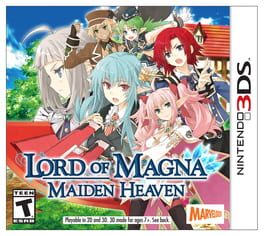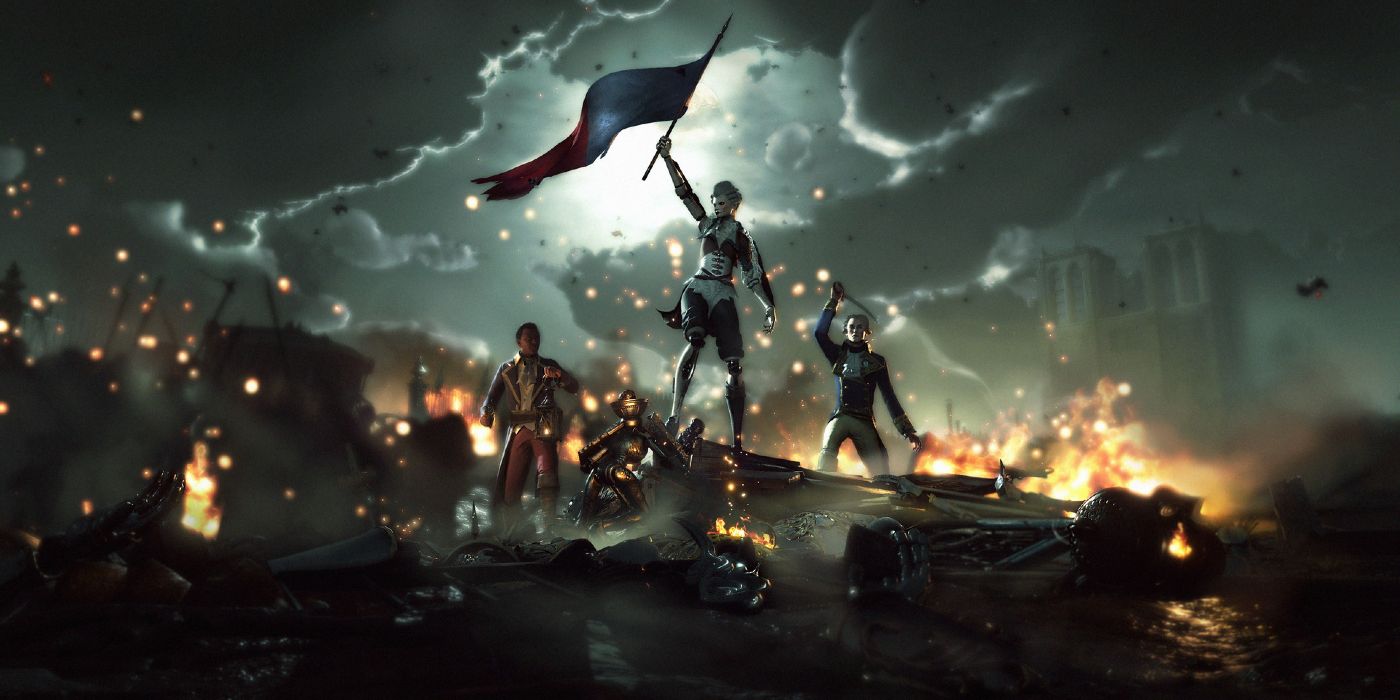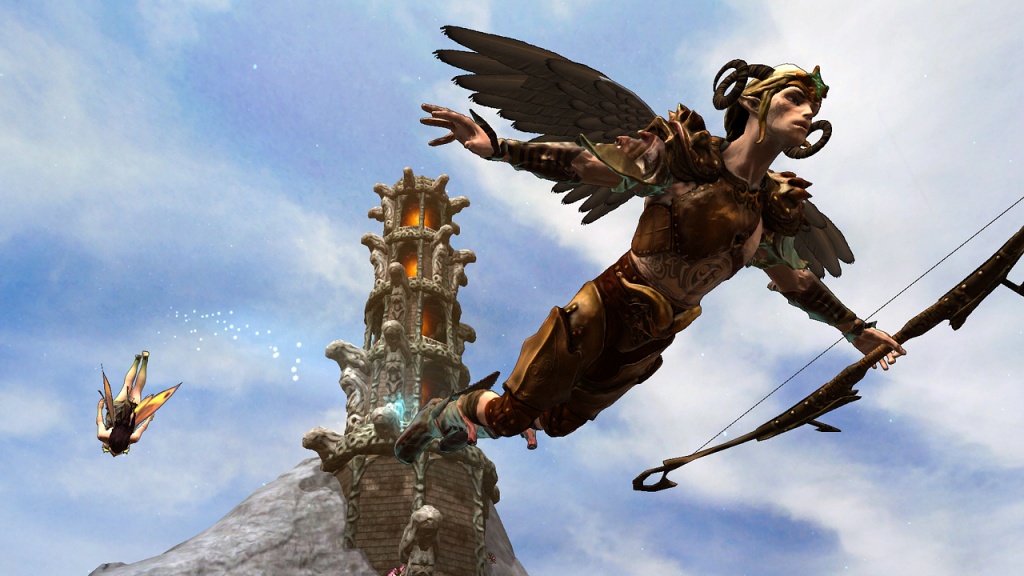

On the subject of fighting, the battle system is nothing you haven’t seen before. There are some instances in which you have the option of performing a fetch quest or fighting something, but honestly, these are my options? Sadly, this mainly involves the tired tropes of fetch quests and turn-based battles. In your attempt to fix the worlds of Faery, you have to speak to the inhabitants and get them to help you uncover what’s gone wrong. I understand the desire to not rip off someone else’s work but… well, they did, so they might as well have gone all the way with it. While the system works well, it felt to me as if the developers tried to copy BioWare and wound up providing a stripped-down product. Furthermore, certain responses are highlighted in blue or red to represent “positive” and “negative” tone, and different characters will respond better to different approaches. During conversations, you get to respond to characters using choices picked from a “dialogue wheel.” By asking certain questions you unlock quests or move those quests forward. In those instances, the atmosphere breaks down and the writing suddenly seems unsophisticated.ĭriving the dialogue is a system similar to the ones from Dragon Age and Mass Effect. Initially, I was pretty impressed with the effort put into creating authentic dialogue, until I started noticing that the language fluctuates between period speak/dialect and modern English. For example, Oberon and the high faeries speak in somewhat archaic, poetic language, while the pirates from the Flying Dutchman speak like 18th century sailors. Developer Spiders made a concerted effort to have each character speak in a manner consistent with its background.

The characters, on the other hand, were well fleshed-out, each having his own personality. I really felt as if I was playing the game to finish it, rather than to appreciate the story, and that doesn’t speak well for the game. There’s the question of your amnesia, the mystery of why the worlds have been separated, and a slow unraveling of the role Oberon played in it all, but none of it proved particularly compelling. I can say, though, that what I’ve played so far has been mediocre, at best, with some pretty obvious plot twists here and there. Also, since this is the first episode of the series, there is a lot more that can be done with the characters and story. This, on its own, is not a bad thing after all, you could choose worse source material. Conveniently, you have amnesia and nothing better to do, so you set off on a journey to the various worlds where the fae still exist in order to solve their problems and return magic to its former glory.Īs I alluded to earlier in this review, Faery: Legends of Avalon is heavily influenced by the mythos and legends in Shakespeare’s plays, although some others show up as well.

As a result, the magical beings have been cut off from each other in their own little worlds, and – surprise, surprise – it’s up to you to fix the problem. From him, you learn that during the time you’ve been sleeping, magic has waned and mankind has slowly forgotten about the fae folk.

After a short control tutorial, courtesy of two faeries, you are told to speak to Oberon, king of the faeries. Oberon, Titania, Mab, Puck, Caliban, all creatures of fancy, made real by expertly crafted dialogue and envisioned in fantastic worlds.īut have you ever wondered what Shakespeare fanfiction would be like? Well, wonder no longer the answer is Faery: Legends of Avalon.įaery begins with your character (whose gender/features you customize beforehand) awakening from crystal stasis. Guy was probably the most popular fantasy writer of his time, taking legends and folktales and using them to create classic stories with fantastic characters.


 0 kommentar(er)
0 kommentar(er)
